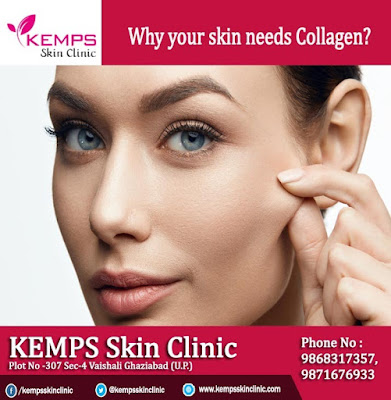Vitamin A is a term for the many related compounds which are
also known as retinoids. The vitamin A family is almost as extensive as a big
Greek wedding. It includes retinol, retinal or retin-A, retinoids and naturally
occurring vitamin A.
Vitamin A and its derivatives are one of the most
misunderstood and controversial ingredients. It's implicated in liver toxicity,
birth defects and cancer. On the flip side, vitamin A is touted as a miracle skincare ingredient that you shouldn't be without. Whilst vitamin A is
essential to our health and well-being, too much of anything can cause
issues.
What makes vitamin a so effective as an anti-ageing
ingredient?
Vitamin A can also work to fight acne by dissolving surface
oil and diminishing pores, as well as evening out the skin tone by fading dark
spots and reducing pigmentation. In short, vitamin A in the correct dosage and
formulation, can give you a rosy, glowing complexion.
BETA-CAROTENE OR PROVITAMIN A
Provitamins or natural precursors of vitamin A include alpha
carotene, beta-carotene and beta-cryptoxanthin. They are a precursor to vitamin
A, which means it converts to vitamin A in the body.
The retinoic acid slow-releases as the retinol in the
formula is converted into retinoic acid within the skin. Beta-carotene is known
to combat and prevent skin disorders like acne, eczema and psoriasis. It can
protect against melasma by affecting the production of skin pigment. It’s a
powerful antioxidant and can also protect against sun damage and assist with
wound healing, as well as soothing dry and flaky skin.
RETINAL (RETINALDEHYDE)
Retinal or retinaldehyde is the aldehyde form of vitamin A
and is purported to be the most effective for your skin. It’s the transitional
form of A and is created in the conversion of retinol to retinoid or retinoic
acid. It can assist with minimising the appearance of fine lines and
wrinkles. It’s less commonly used in skincare formulations, as this form can be
irritating even at very low doses. It should be using sparingly and slowly
introduced into your night time routine.
For more consultation and information related to skincare you may contact KEMPS Skin Clinic, Vaishali Sec.-4 , Ghaziabad.



